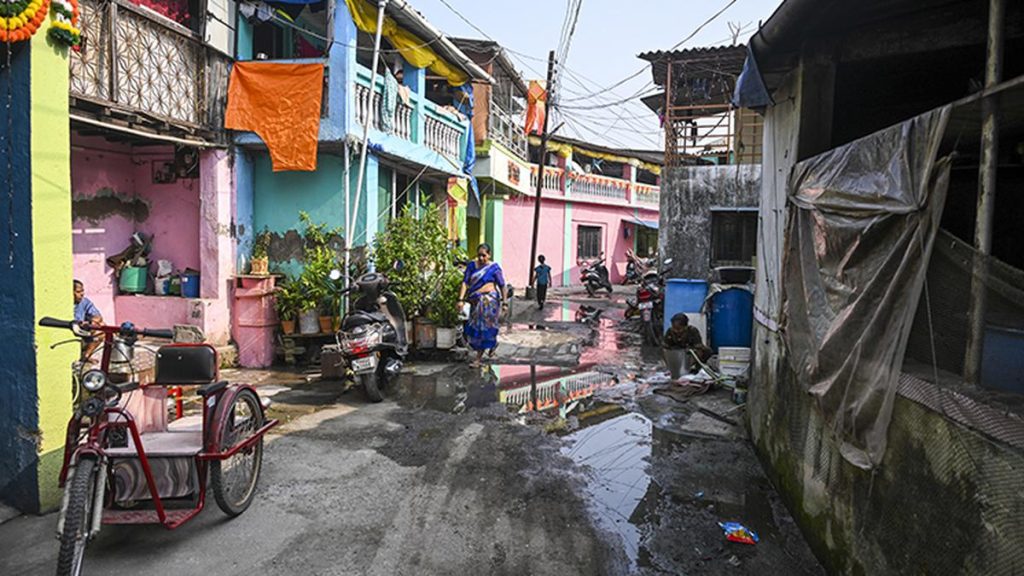Now Reading: Scientists Uncover Fate of Missing Ocean Plastic, Reveal Alarming Impact
-
01
Scientists Uncover Fate of Missing Ocean Plastic, Reveal Alarming Impact
Scientists Uncover Fate of Missing Ocean Plastic, Reveal Alarming Impact

Quick Summary
- Researchers from NIOZ and Utrecht University conducted the first estimate of nanoplastics in oceans, revealing 27 million tons floating in the North Atlantic alone.
- Nanoplastics are tiny plastic particles (<1 micrometer) resulting from the disintegration of larger plastics and entering water bodies via rivers,air deposition,or rainfall.
- these nanoparticles have concerning implications as thay can enter ecosystems and even human brain tissue; further study is needed on their impact on biodiversity and health.
- Research methods included filtering ocean samples during a four-week expedition aboard research vessel RV Pelagia, followed by laboratory analysis using advanced mass spectrometry techniques.
- The study highlights that nanoplastics cannot be cleaned up, reinforcing urgency to prevent future plastic pollution globally and investigate their presence in other oceans.
Indian Opinion Analysis
This breakthrough research underscores an alarming global environmental challenge with potential repercussions for India-a country with extensive coastlines that could also harbor meaningful concentrations of nanoplastics due to its reliance on river systems for waste disposal. Given India’s rapid urbanization and growing use of plastics,it would benefit from proactively addressing plastic waste at all levels-policy-driven prevention mechanisms like strict regulations around single-use plastics could yield long-term ecological benefits.
Furthermore, exploring links between local microplastic pollution studies (in rivers like Ganga or Yamuna) and broader nanoplastic trends might provide useful insights into controlling this invisible pollutant before it worsens India’s already strained marine ecosystems.Collaborative international studies similar to this one can help India design strategies against emerging environmental threats while aligning itself with enduring growth goals internationally.




























